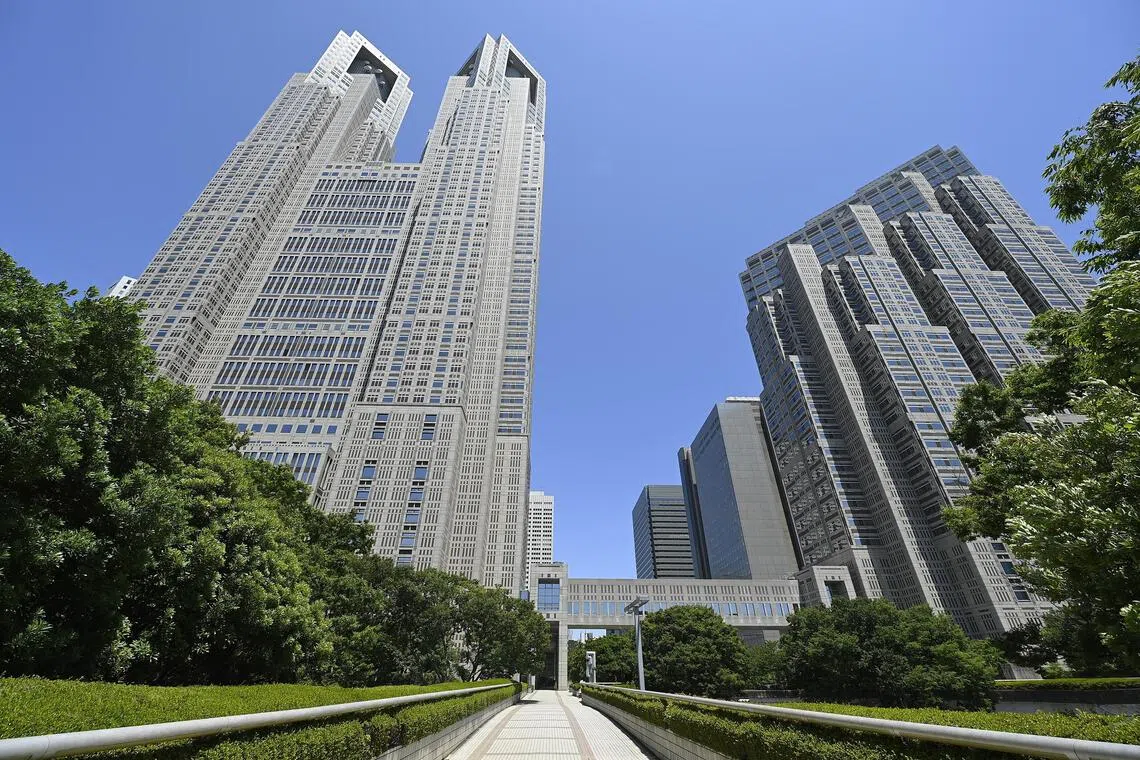Tokyo education board sets guidelines for schools, teachers dealing with ‘monster parents’
Sign up now: Get insights on Asia's fast-moving developments

The guidelines recommend shorter parent-teacher meetings and for teachers to record conversations with parents.
PHOTO: REUTERS
Follow topic:
TOKYO - The Tokyo metropolitan government’s Board of Education has compiled a draft outline of guidelines stipulating how teachers and school administrators should deal with overbearing parents, a move aimed at protecting educators from unreasonable demands, abusive language and slander, The Yomiuri Shimbun has learnt.
The guidelines make various recommendations, including calling for parent-teacher meetings, which currently can stretch on for hours in some cases, to be limited to less than 30 minutes in principle, and for teachers to record any conversations they have with parents.
The guidelines were inspired by the Tokyo government’s establishment in April of the nation’s first anti-customer-harassment ordinance, which sought to protect service workers from unreasonable demands and abuse by customers.
It has been suggested that the excessive demands some parents and guardians make of teachers could also be considered a form of customer harassment.
So starting in May, the education board began working on compiling guidelines to combat this kind of behavior, which they see as having a corrosive effect on the educational environment.
According to multiple sources, the draft guidelines spell out for the first time detailed rules for dealing with harassment predominantly by so-called monster parents, who persistently abuse or complain about their children’s teachers.
The guidelines stipulate that achieving the best outcome for students should be everyone’s top priority.
The draft outline calls for teachers’ interactions with parents to be recorded and for parents to be notified in advance about this. It also specifies that parent-teacher meetings should be completed by no later than 30 minutes after the end of the school day, although this can be extended to “as much as an hour, depending on the circumstances”.
The outline says that the first two meetings with parents are to be handled by multiple teachers, while administrative staff, such as deputy principals, should usually take over with the third meeting.
A psychologist and lawyer should attend from the fourth meeting, and a lawyer should act on behalf of the school at the fifth and any subsequent meetings.
The number of school staff who help deal with any parent or guardian whose behaviour goes beyond what is socially acceptable should be increased to about five, according to the guidelines.
They also add that schools should notify police if a parent uses abusive language, becomes violent or stays on the premises for a long period.
Additionally, they recommend that schools ask to have slanderous comments made about their faculty or staff on social media to be removed.
The guidelines also mention that greater resources are to be given to mental health care and other support provided to teachers targeted by “monster parents”.
The draft guidelines will soon be released to the public, and the details finalised within the current academic year, which runs until March.
The guidelines will be applied at Tokyo metropolitan elementary, junior high, high and other schools from the next academic year and are also expected to be used at schools run by ward, city, town and village governments. THE JAPAN NEWS/ASIA NEWS NETWORK

